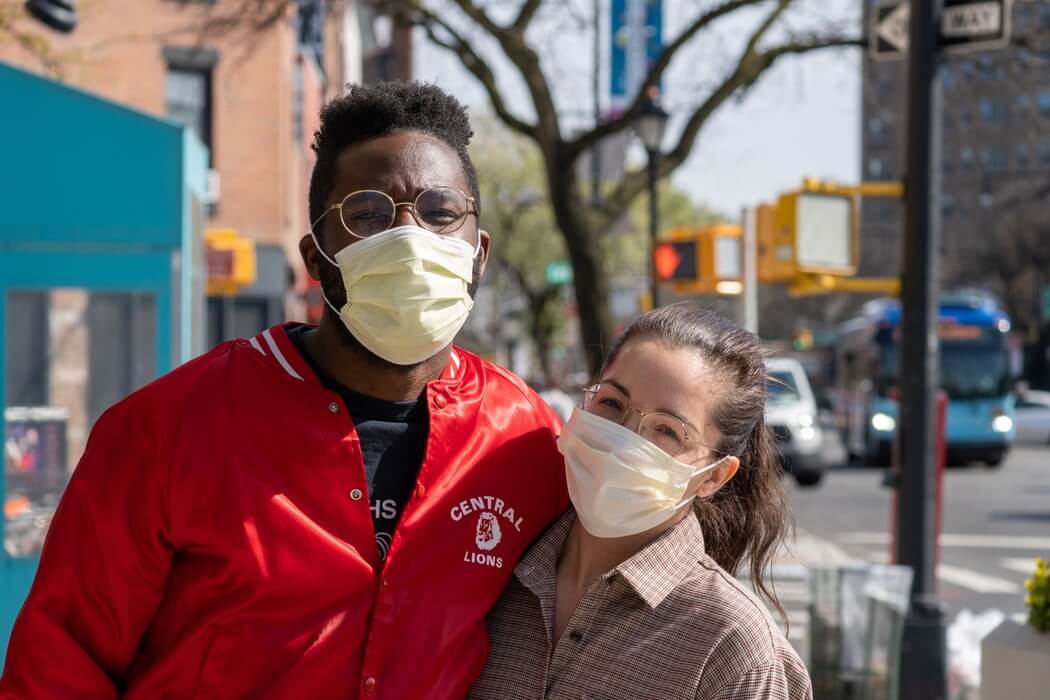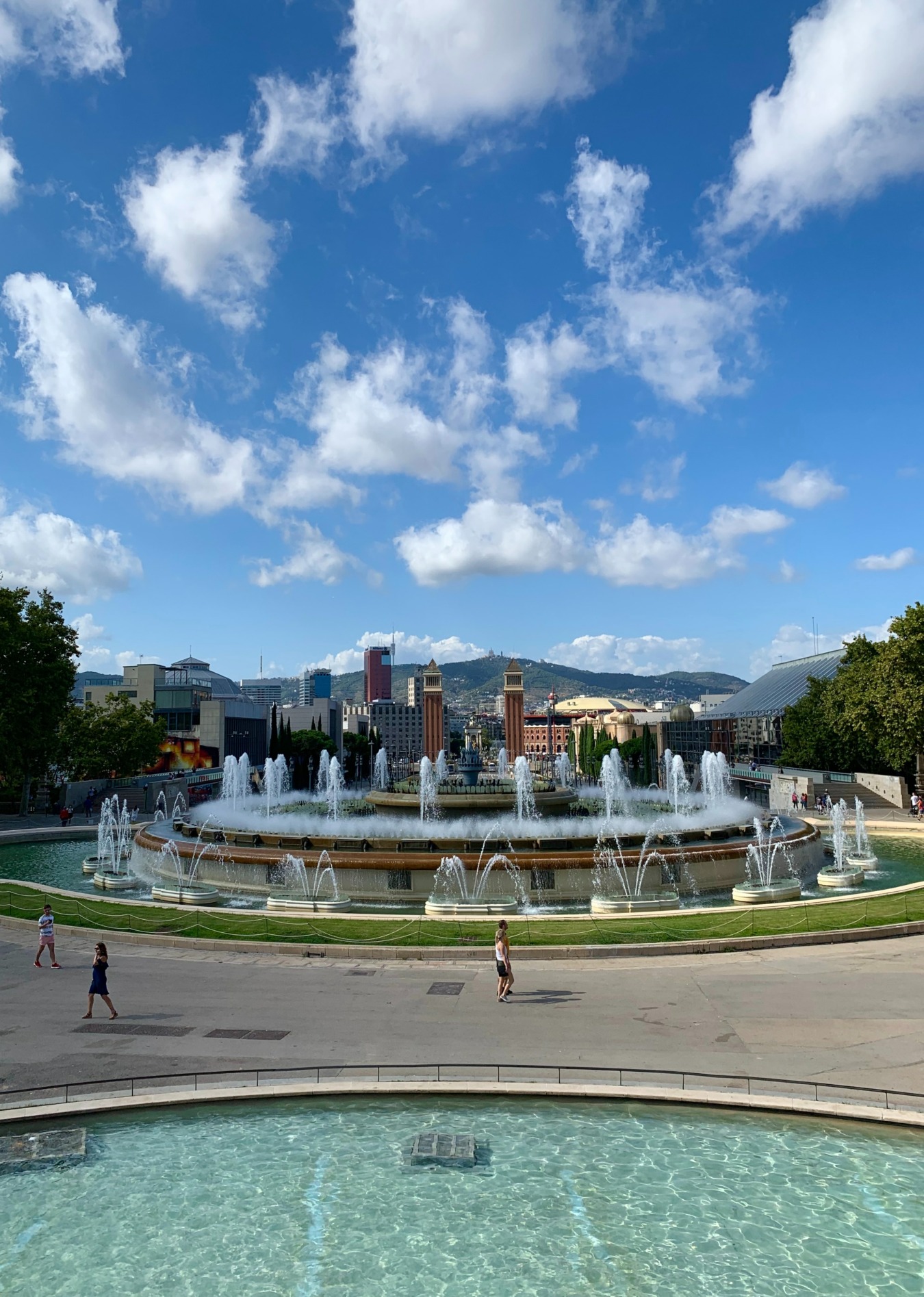
Barcelona, Internship Abroad, Madrid, Spain
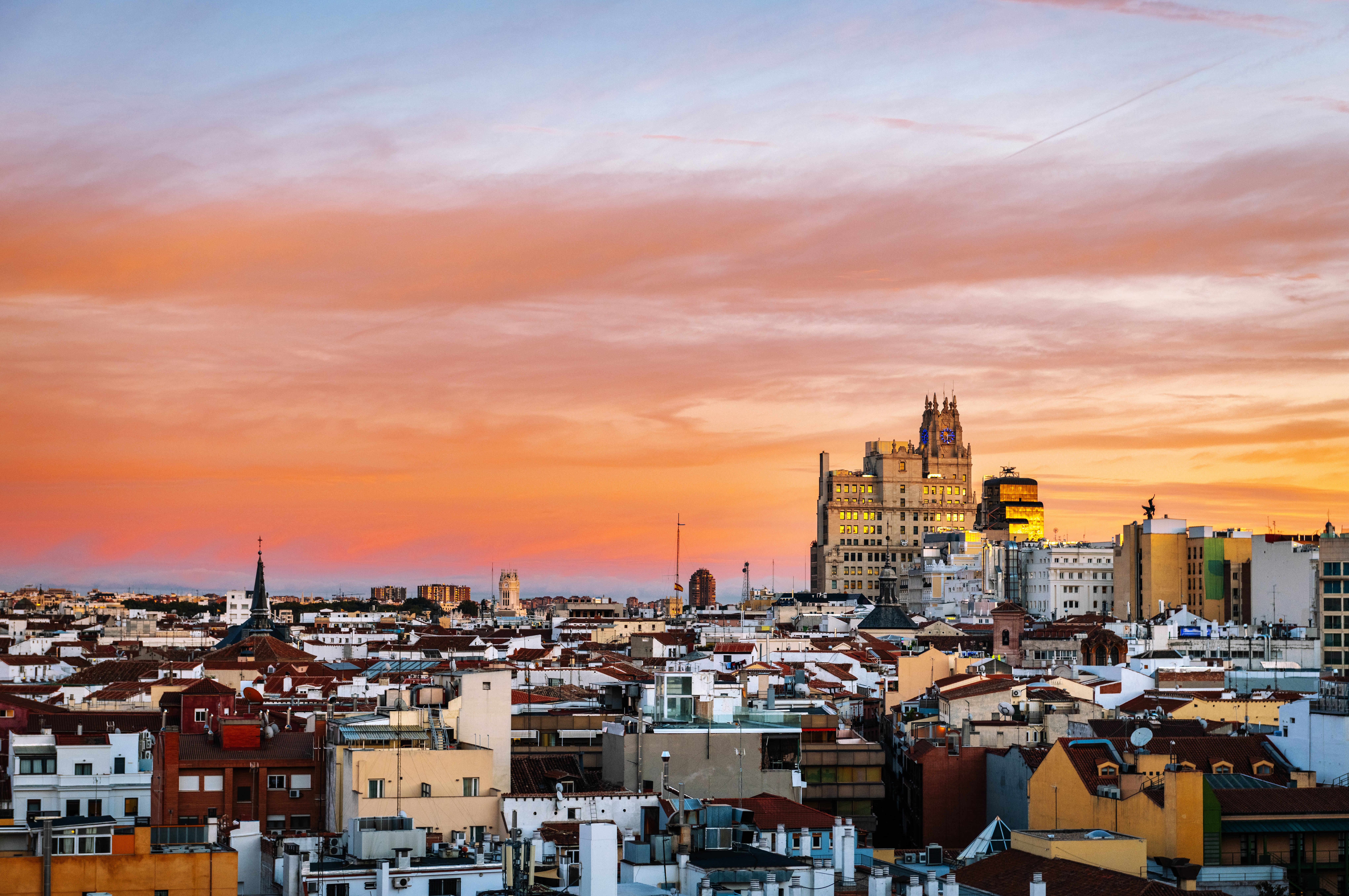
In the last 10 years, doing an internship abroad has become extremely popular. This is because living, working and/or studying abroad for a while brings many advantages. Students with an experience abroad have a better chance of find a good job and are seen as creative and social people. In addition, these students build up a large network and get to know many cultures and languages. It also helps students to become more independent and contributes to their personal development. In short, it is a valuable and special experience that would be good for everyone because you can combine travelling, studying and/or working in an efficient way!
Unfortunately, 2020 and now 2021 are dominated by Corona, a virus that affects the whole world and that we will not forget easily. But even in these less fortunate times, we must remain positive and look for opportunities. Especially since the world is now busy vaccinating, we will soon get our lives back.
Studies and internships will continue (partially) online and the indispensable student time will continue in a different way than most students had hoped. Many students think that doing an internship abroad is unthinkable these days, but nothing could be further from the truth! Because doing an internship in Europe is easily arranged, Madrid is one of our destinations that can become the perfect student life for you in this day and age.
This blog will explain exactly what needs to be arranged and done in order to finally start your dream internship in Madrid.

The current situation in Madrid
On the 13th of February the corona measures in Madrid were changed and partly relaxed. At the moment, these are the most important measures in Madrid:
- The curfew will be moved to 11pm (until 6am) from Thursday and the hospitality industry will not be allowed to let in new customers from 10pm. It is not allowed to serve at the bar, inside they are limited to 50% of the capacity and outside to 75%.
- Theatres and cinemas have to close at 10 p.m. and are limited to 75% of capacity.
- Indoors, you are still not allowed to receive guests unless you live alone.
- Outdoors, you are now allowed to gather 6 people on a terrace.
- 69 districts/villages in the province of Madrid are 'closed'. 20.7 % of the population live here.
- A negative PCR test and a rapid test are required to re-enter the Netherlands. (To enter Spain, you also need a negative PCR test).
At the moment, Spain is in the first phase of the vaccination plan and information about the second phase has now also been made public. In this phase, the police, fire brigade, army and teaching staff will be vaccinated. Compared to the Netherlands, vaccination is faster and there are fewer restrictions in daily life. It is still possible to spend your internship in Madrid.
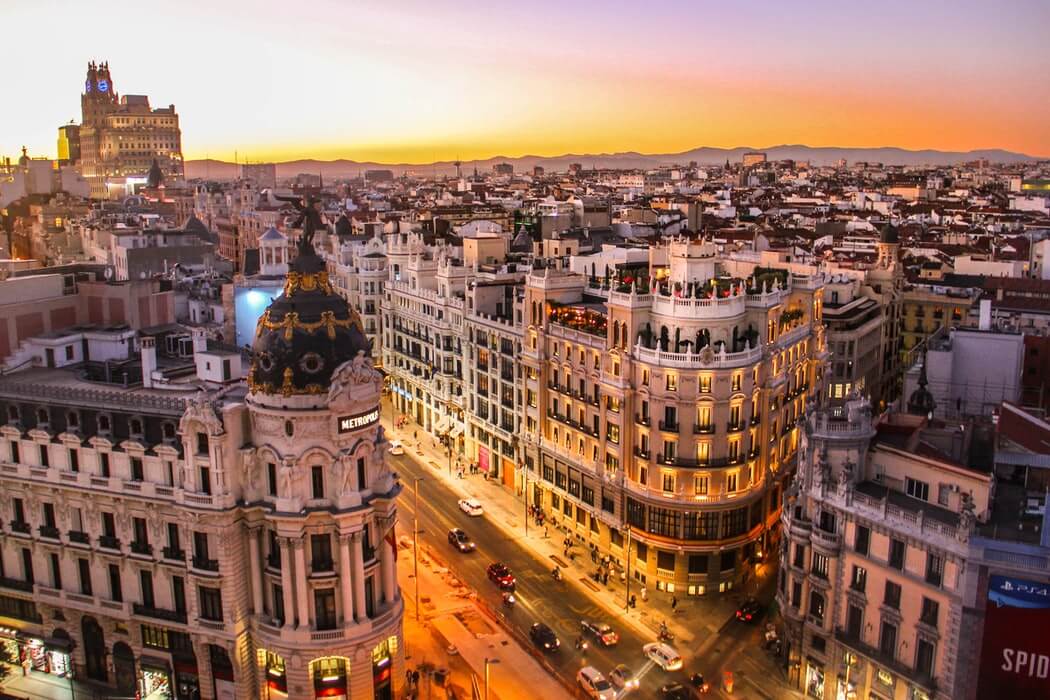
What do I need to arrange?
When the time comes and you have found an internship company, it can go faster than you think. 😉 It is obvious that you have to arrange housing, we can help you with this and give you some tips. If you are going to do an internship in a Spanish company, it depends whether it is paid or unpaid. There are a number of documents that may apply to your internship. These documents will be described in detail later in this blog. When the internship is unpaid, it is important to apply for an Empadronamiento and NIE number. When you do get paid, you will need to apply for an Empadronamiento, NIE number and Social Security number. Check what is applicable to your internship and your internship will be closer than you think!
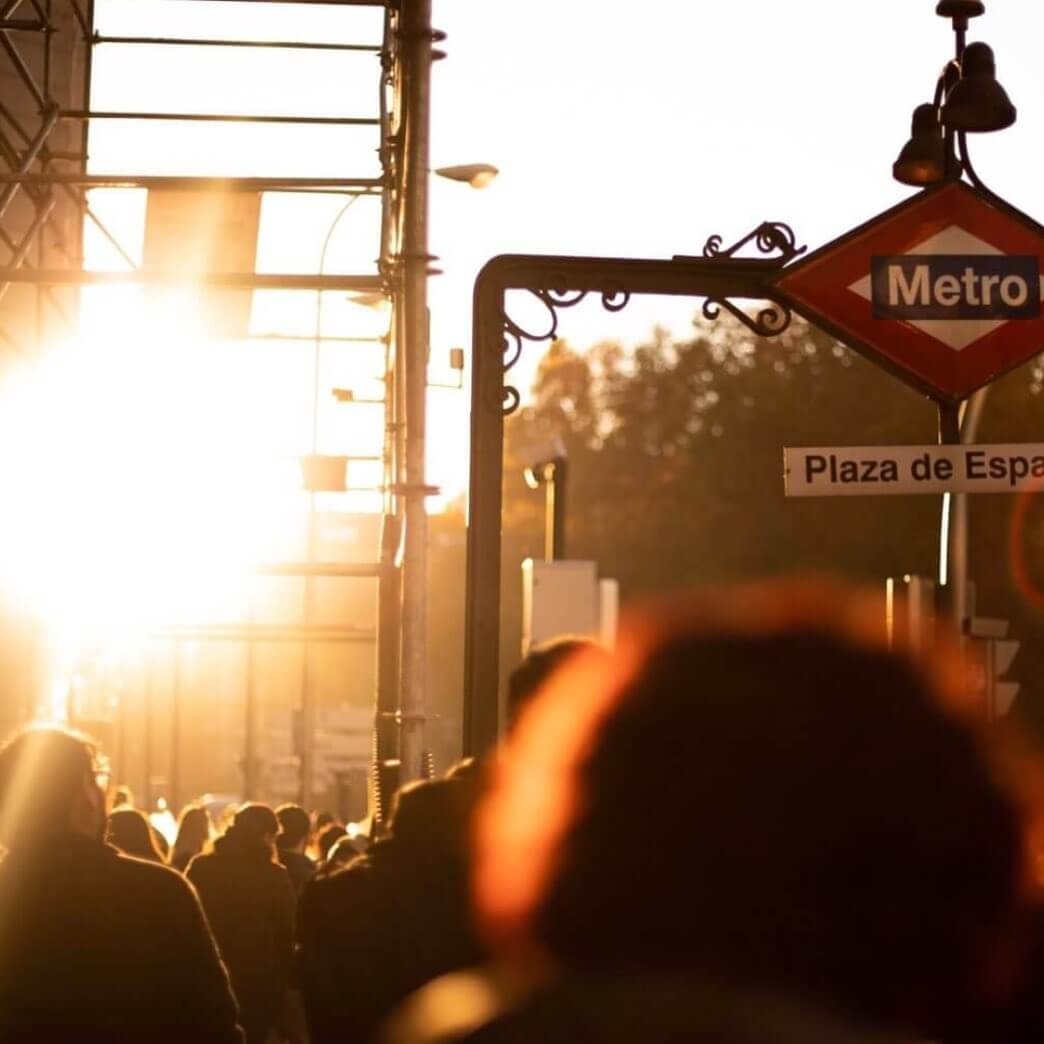
Empadronamiento
Registering or 'empadronar' in the Spanish municipality is not complicated and is actually a very logical step when you are going to live in Spain and is exactly the same for Spaniards. Empadronamiento' is the same as registering in the population register of the municipality where you are going to live, also called 'padrón'.
You can do this very easily by going to the relevant department which is the 'registro civil' which is similar to the civil registry. This is usually located in the town hall (ayuntamiento) of the municipality where you are going to live or stay.
NIE
The 'Numéro de Identificación de Extranjeros' (NIE) is a number for foreigners living in Spain and is often essential for almost all administrative matters in Spain. It is a unique, personal and exclusive number that the Directorate General of Police (Comisaría del Cuerpo Nacional de Policía) allocates to foreigners. The NIE is comparable to the Dutch Citizen Service Number and the Belgian national registration number, although it is not quite the same. The advantage of the NIE number in Spain is that it is one number that applies to everything, from tax matters to medical care etc.
Social Security Number
This number (número de afiliación de la seguridad social) gives you access to social security services and health care in Spain. Social security is generally paid by the employer. Once you are in the system, the number remains the same for life. To obtain a social security number, you must download and complete the TA-1 form. The form is not available in English but AE Internships can always help with this.
In addition to the TA-1 form, you will need the following documents:
-ID or passport plus photocopy
-Rental contract, employment contract if you have one plus a photocopy
-Residence permit and visa if you are a non-EU citizen.
And now it's time for the best part, which is picking the perfect place to live and booking a ticket so you can go for sure! After you have booked an airline ticket, it is necessary to schedule a PCR test 72 hours before your departure, this can be done at many different places in the Netherlands. It is also important to fill in a health declaration via the website https://www.spth.gob.es/. You will need this at arrival in Spain. If you have completed the statement, you will receive a QR code. Bring this QR code printed or digital with you and have it ready when you arrive in Spain.
Your dream internship in Madrid can start, it's a piece of cake!
